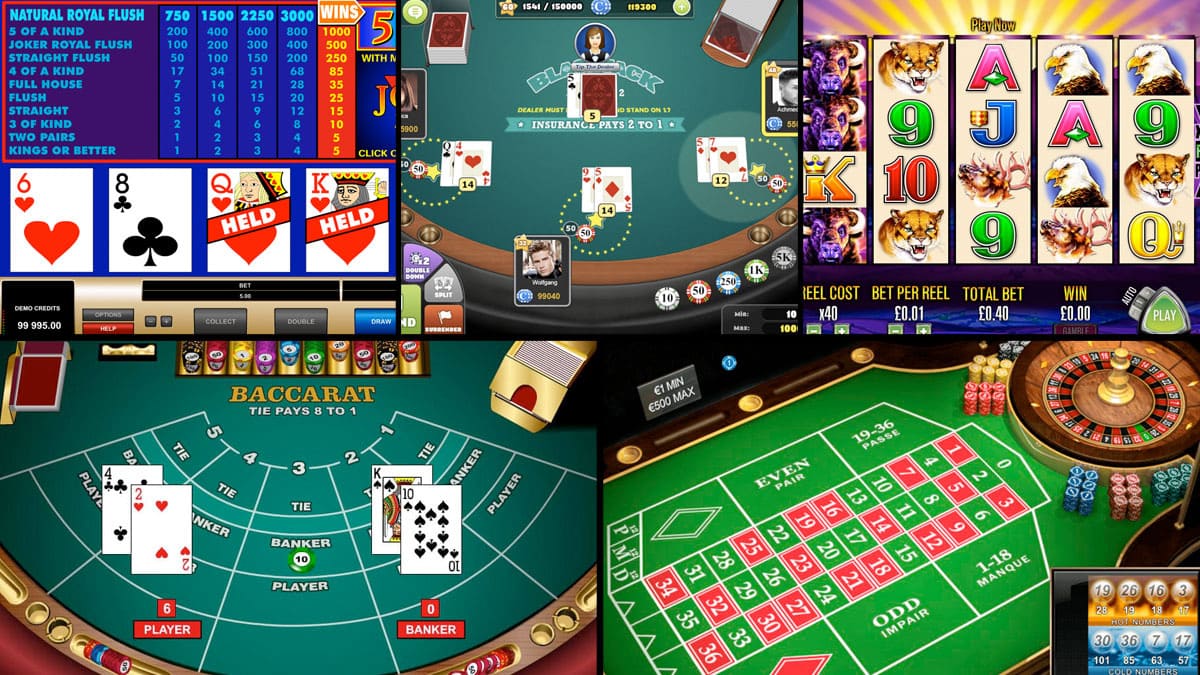Poker, a game of strategy, wit, and calculated risk, has captured the hearts and minds of players worldwide. Beyond its allure as a game of chance, it’s a realm where precision and skill often trump luck. The essence of mastering poker lies not just in the cards you hold but in the precision of your decisions. To excel at this texaspokercc game demands a blend of strategic thinking, emotional control, and a profound understanding of the nuances that govern the table. Here’s a guide to enhancing your poker precision and refining your gameplay to strive for perfection.
Understanding the Fundamentals
Poker isn’t solely about the cards; it’s about the players at the table and the psychology woven into each hand. Mastering the basics is the bedrock of precision. Familiarize yourself with hand rankings, probabilities, and position play. This groundwork forms the scaffolding on which your advanced strategies will stand.
Embracing Patience and Discipline
Precision in poker often starts with patience. Avoid the impulse to play every hand; instead, exercise discipline by folding marginal hands and waiting for opportune moments. This controlled approach allows you to conserve chips and strike when the odds are in your favor.
Deciphering Opponents and Table Dynamics
The ability to read opponents separates novices from masters. Observe betting patterns, body language, and tendencies. Adapt your strategy based on the players at your table. A tight-aggressive player demands a different approach than a loose-passive opponent. Remain adaptable, adjusting your gameplay to exploit weaknesses and capitalize on strengths.
Utilizing Positional Advantage
Positional awareness is pivotal in poker precision. The later your position at the table, the more information you have. Use this advantage to make informed decisions, bluff effectively, and control the tempo of the game.
Risk Management and Bankroll Control
Precision in poker involves managing risk effectively. Avoid tilting—a state of emotional frustration leading to reckless decisions after losses. Maintain a clear headspace and manage your bankroll wisely. Never risk more than you can afford to lose in a single game.
Continuous Learning and Adaptation
The poker landscape is dynamic; what works today might not work tomorrow. Stay updated with evolving strategies, study the game, and analyze your gameplay. Reviewing hands, discussing strategies with peers, and learning from seasoned players through books or online resources are crucial for growth.
The Balance of Aggression and Caution
Precision in poker involves walking a tightrope between aggression and caution. Know when to apply pressure and when to proceed cautiously. Overly aggressive play can lead to unnecessary risks, while excessive passivity might miss profitable opportunities.
Developing Emotional Intelligence
Maintaining composure during wins and losses is fundamental. Emotions can cloud judgment, leading to suboptimal decisions. Cultivate emotional intelligence to stay focused, make rational choices, and detach from the outcomes of individual hands.
